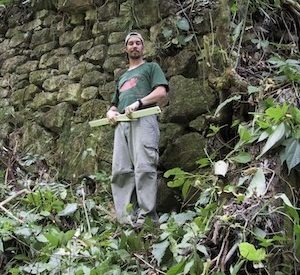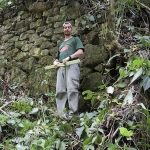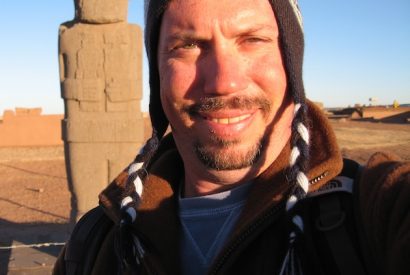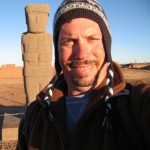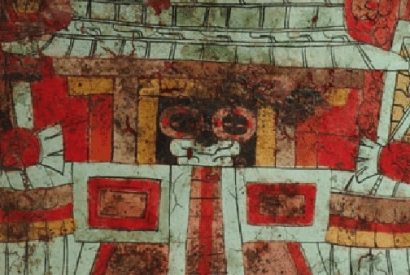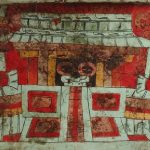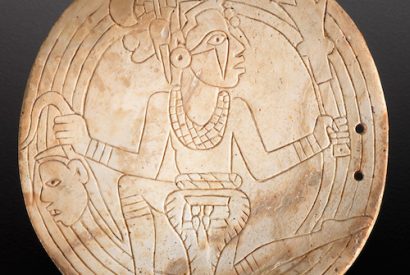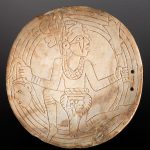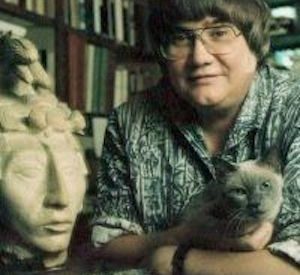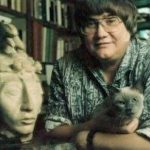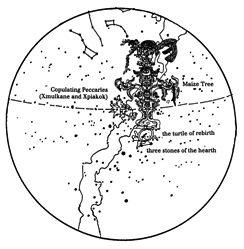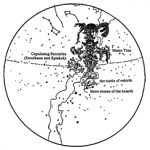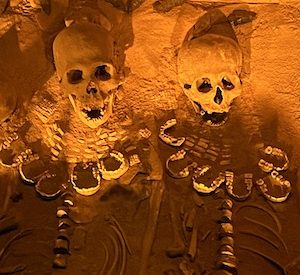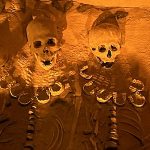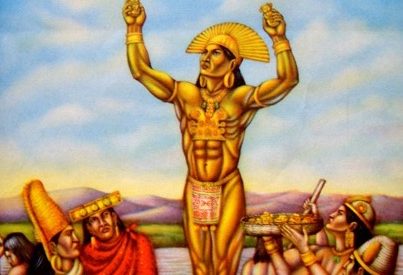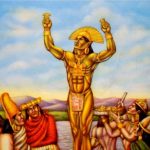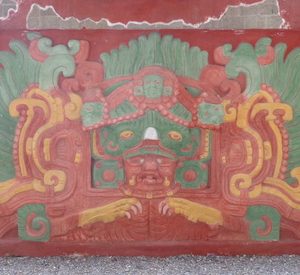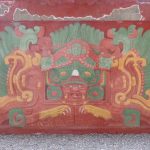Recent Posts
-
How I Mapped Palenque – Part 4
The year was 1999. Ed and his crew started year two of the Palenque Mapping Project. Ed recounts the story – snakes, pyramids, tombs, and a visit from the President […]
-
Copan 1997
In 1997, Ed was part of the excavations that discovered the tomb of Copan’s first ruler – Yax K’uk’ Mo’. Join him as he tells the story in his usual […]
-
Ancient American Weapons
There were multiple militaristic civilizations in the ancient Americas. In this episode, Ed talks about their rise to power and weapons of choice. SHOW NOTES:
-
Linda Schele
Linda Schele was the most influential Mayanist of her time – some would say of all time. Ed had the good fortune to be counted among her graduate students. In […]
-
The Milky Way – Path to the Otherworld
All over the ancient Americas, from Chile to Alaska, the Milky Way was seen as the path to the otherworld. Join Ed as he explains his evidence for that assertion. […]
-
Teotihuacan
Teotihuacan was the most important city in all of ancient Mesoamerican history. Despite almost 200 years of archaeology there, there’s a whole lot we don’t understand. Join Ed for a […]
-
Day of the Dead
Day of the Dead is a captivating and globally celebrated holiday. Accompany Ed on a journey through its rich origins, his personal encounters with this vibrant tradition in Latin America, […]
-
El Dorado – Fact or Fantasy?
Season 5 Episode 2 – When it comes to lost ancient cities that everyone wants to find, El Dorado runs a close 2nd to Atlantis. Did it really exist? Join […]
-
S5 E1 Ed’s Origin Story at Copan
Ever wonder how Ed became an archaeologist? Well here’s the story. The year was 1990 and the place was Copan, Honduras. Ed’s first field school experience was quite an adventure! […]
About This Site
“ArchaeoEd” stands for archaeology education, but its also Ed talking about his 30+ years as an archaeologist

